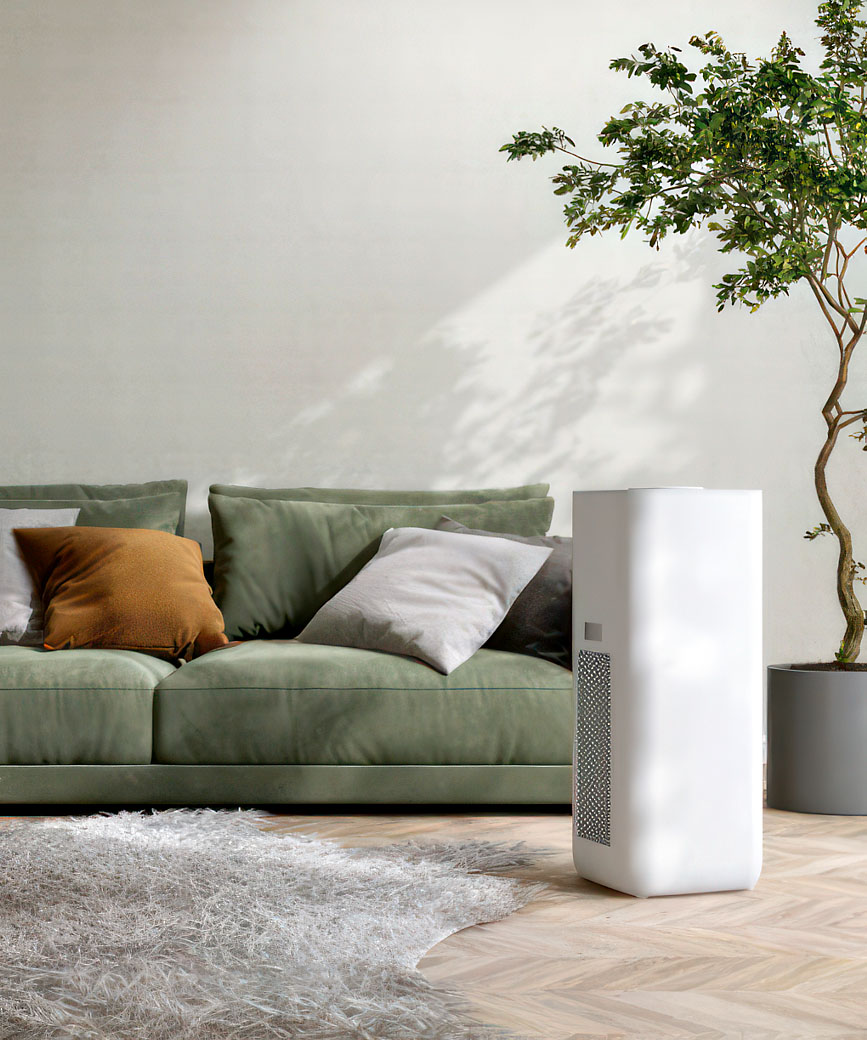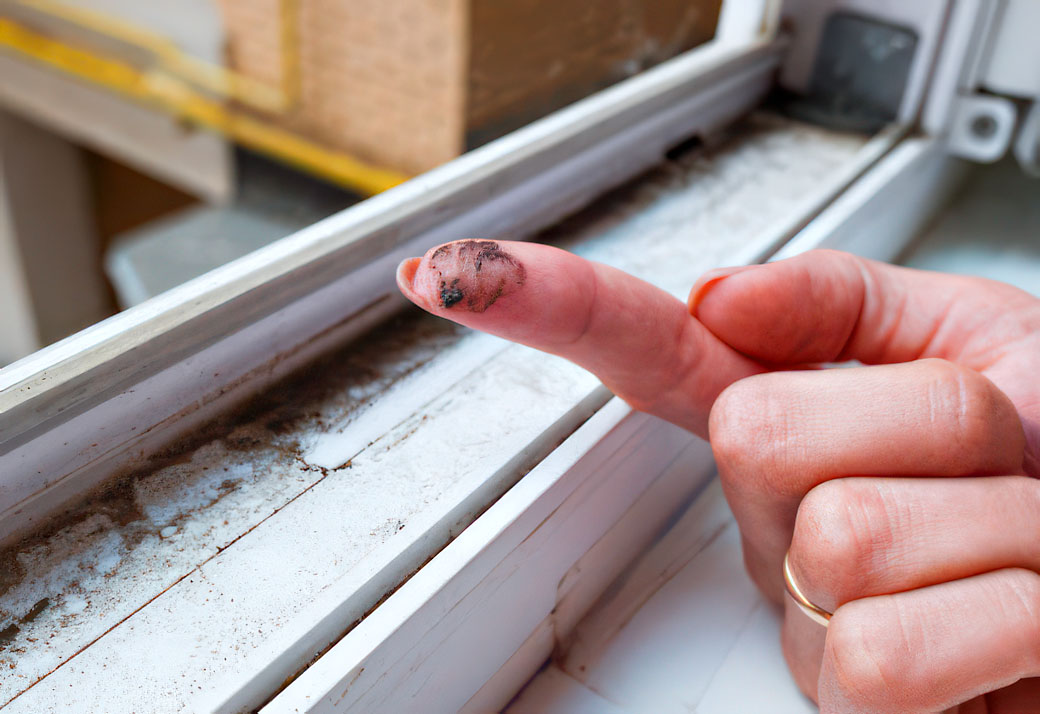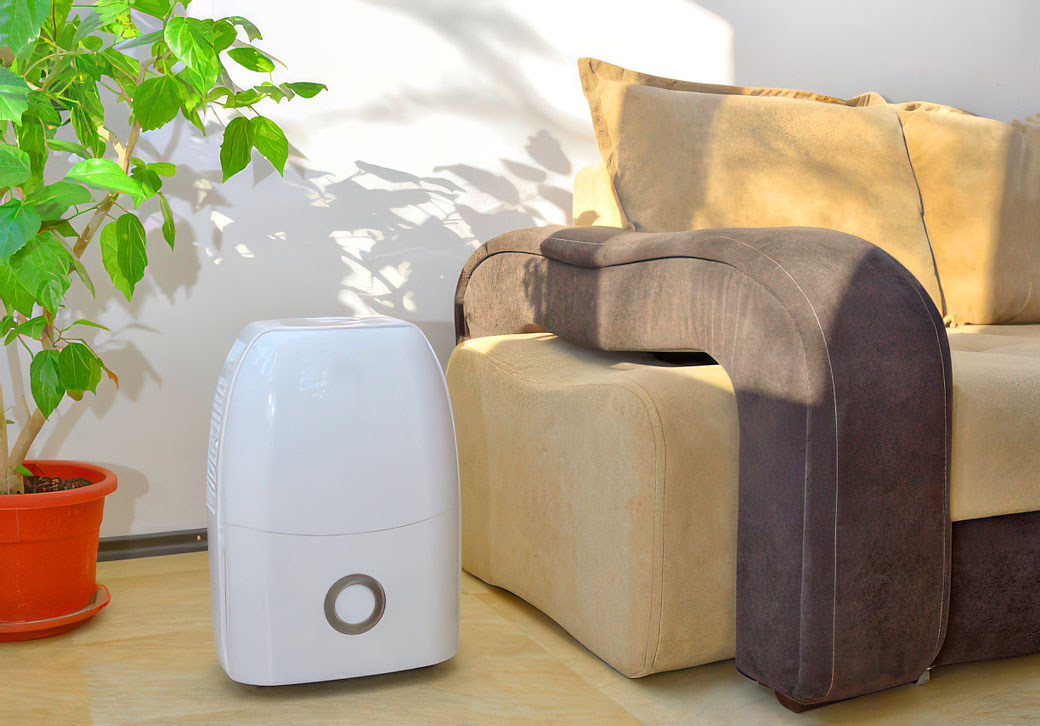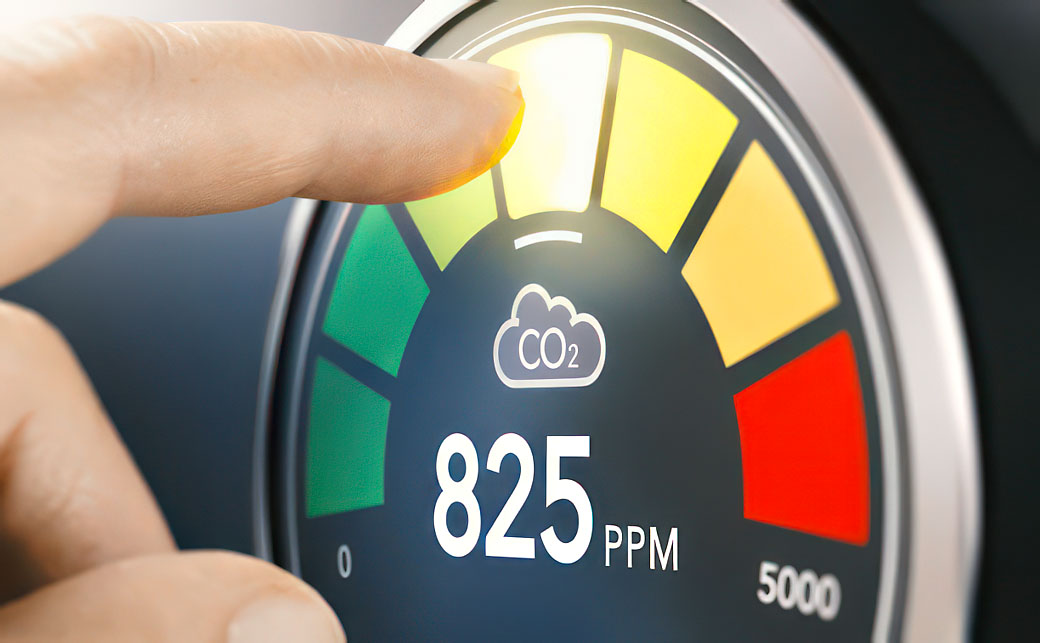
Is Bad Air Making You Sick? The Connection You Didn`t Know Existed
We worry about food, exercise, and stress, but what about the air we breathe? Turns out, the quality of the air around you could have a more profound impact on your health than you ever imagined.
Beyond Allergies: How Air Pollution Harms
Forget just sneezing and itchy eyes. Air pollution, even at levels below 'alarming', can affect your body in numerous ways:

- Respiratory Woes: Exacerbates asthma, increases risk of lung infections, and can lead to long-term decline in lung function.
- Heart Trouble: Linked to higher blood pressure, heart attacks, strokes, and a greater chance of cardiovascular disease over time.
- Weakened Immunity: Makes you more susceptible to colds, flu, and may worsen existing health conditions.
The Sleep Stealer You Didn't See Coming
Tossing and turning? Bad air could be to blame. Air pollution disrupts sleep in several ways:
- Irritation = Congestion: Swollen nasal passages and increased mucus make breathing harder, leading to snoring and sleep apnea.
- Stress Response: Even while asleep, your body reacts to pollutants, raising stress hormones that make sleep less restful.
- The Noise Factor: Running an air purifier on high to combat bad air can itself disturb sleep for light sleepers.

Your Brain on Bad Air
Feeling foggy, forgetful, or struggling to focus? Research is revealing a disturbing link between air pollution and cognitive function:
- Slower Processing: Studies show poorer performance on cognitive tests with increased air pollution exposure.
- Memory Matters: Air pollution is associated with a higher risk of dementia and accelerated cognitive decline in older adults.
- It Starts Young: Even children's developing brains are affected, exhibiting lower test scores and behavioral problems in polluted areas.
The Mood Killer
Feeling anxious, irritable, or just 'blah'? While many things affect mood, multiple studies show that air pollution increases the risk of depression, anxiety, and even impacts mental health scores.
What Can You Do?
While this information might feel overwhelming, knowledge is empowering! Here's how to protect yourself:
- Know Your Air: Air quality monitors provide real-time data on pollutants in your home. We've curated the ultimate list of the best air purifiers for 2024, so you can breathe easy knowing you're choosing the perfect defense against airborne nasties. Don't miss out on this essential guide to cleaner, healthier air!
- Purify Strategically: Choose an air purifier suited to your needs (allergies, general air quality, etc.) and the right size for your space.
- Ventilate Wisely: Open windows when possible, but be mindful of pollen counts and outdoor air quality reports.
- Lifestyle Counts: Reducing indoor pollutants (harsh cleaners, smoke), exercising when air quality is better it all adds up!
Conclusion
Bad air quality can have a significant impact on your health, leading to a range of respiratory and other health issues. By taking steps to improve indoor air quality, such as using an air purifier and maintaining a clean environment, you can reduce your risk of illness and enjoy a healthier, more comfortable living space. Discover our range of air purifiers and other products designed to improve indoor air quality, including LEVOIT Core 300 and LEVOIT LAP-C161-WUS.
Trending Articles











